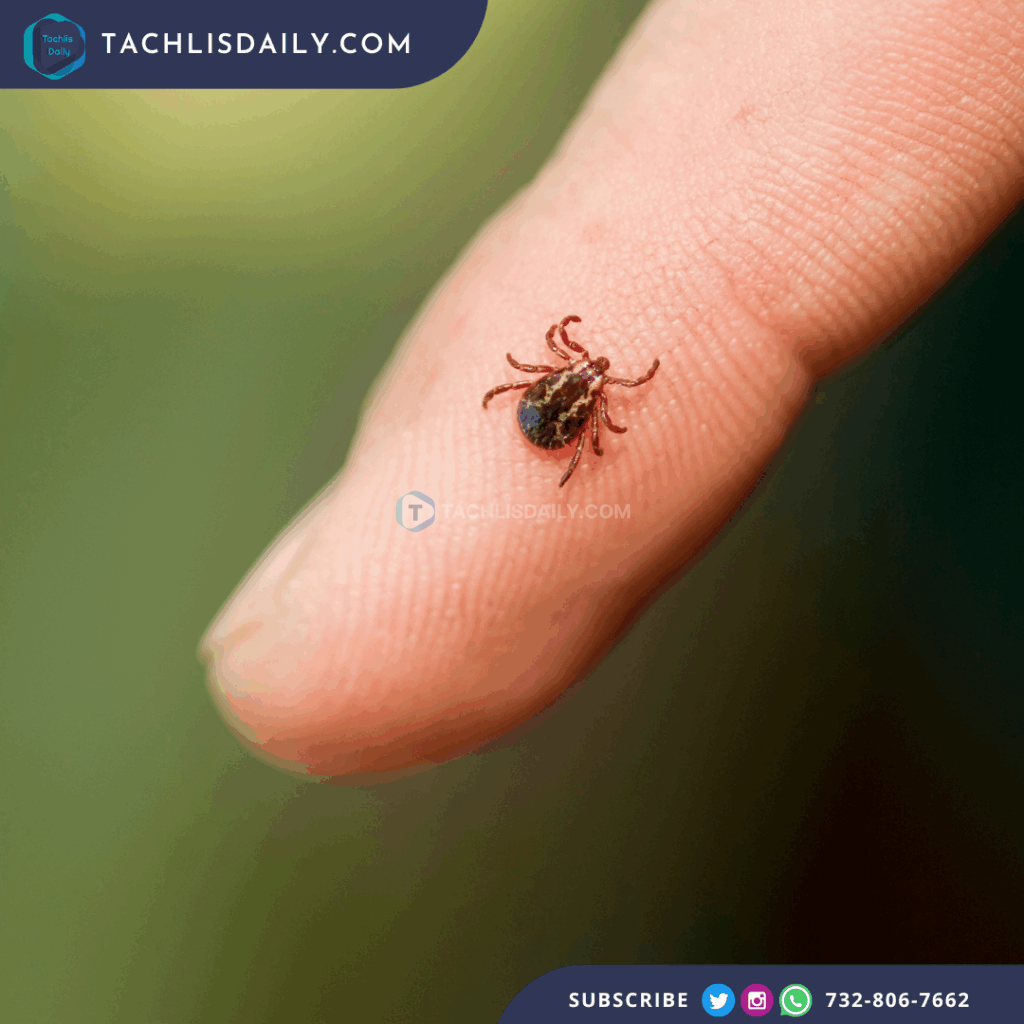Emergency rooms across the United States are reporting a surge in tick bite cases this summer, reaching near-record levels not seen in nearly a decade. Healthcare professionals are raising the alarm as the number of emergency visits linked to tick bites climbs dramatically, especially in the Northeast region.
Recent data shows that July has already surpassed previous years to become the worst month for tick-related ER visits since 2017. Among the most affected are children under 10 and seniors over 70, both of whom are more likely to suffer complications or require medical attention after a bite.
In areas like southern New York, northern New Jersey, and Connecticut, tick activity is rated as “very high” on regional tick risk indexes. With many residents participating in outdoor activities like hiking and camping during summer months, the risk of encountering ticks has increased substantially.
Experts believe climate change plays a major role in the escalating problem. Warmer winters are allowing more ticks to survive through the colder months, extending their active seasons and expanding their populations. This leads to greater exposure risks in regions already known for tick-borne illnesses such as Lyme disease and Rocky Mountain Spotted Fever.
Emergency room patients frequently report symptoms such as fever, chills, fatigue, headaches, and muscle aches — many of which mimic common viral infections. Distinctive rashes are also common and can be early indicators of diseases like Lyme. The spike in these symptoms has driven thousands to seek emergency care nationwide.
To mitigate the growing threat, public health officials are urging people to take preventive measures. These include staying on marked trails, avoiding areas with high grass and leaf litter, and using insect repellents approved by the Environmental Protection Agency (EPA). Recommended repellents often contain DEET, Picaridin, or oil of lemon eucalyptus. Outdoor gear and clothing treated with permethrin can also offer extended protection and remain effective through multiple washes.
Officials stress the importance of early detection and prevention. Anyone spending time outdoors should perform thorough tick checks after returning indoors, paying special attention to areas like the scalp, armpits, and behind the knees. If a tick is found, prompt and proper removal can help prevent the transmission of disease.












